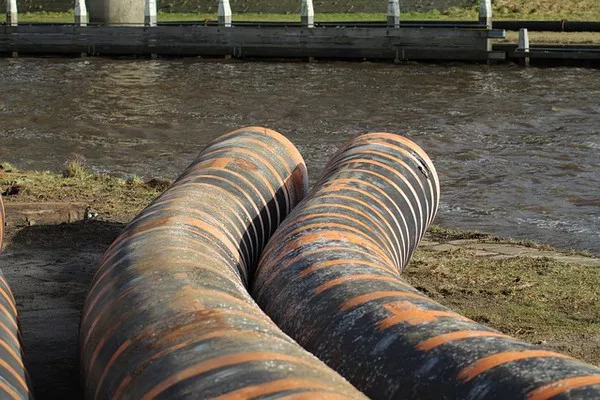Wastewater treatment plays a crucial role in safeguarding public health and preserving the environment. As populations grow and industrial activities expand, the need for advanced wastewater treatment becomes increasingly imperative. In this comprehensive guide, we delve into the intricacies of advanced wastewater treatment, exploring the processes, technologies, and benefits associated with this critical aspect of environmental stewardship.
1. Understanding Wastewater Treatment
Before delving into advanced treatment methods, it’s essential to grasp the fundamentals of wastewater treatment. Wastewater encompasses a diverse range of pollutants, including organic matter, nutrients, pathogens, and toxic substances. Without proper treatment, discharging wastewater into natural water bodies can lead to contamination, endangering aquatic life and public health.
2. Basic Wastewater Treatment Processes
The journey of wastewater through treatment plants typically begins with primary treatment, where physical processes like screening and sedimentation remove large solids and grit. Secondary treatment follows, employing biological processes such as activated sludge and trickling filters to degrade organic contaminants. Tertiary treatment further refines the effluent through advanced processes like filtration and disinfection, ensuring compliance with stringent quality standards.
3. Advanced Wastewater Treatment Technologies
In recent years, advancements in technology have revolutionized wastewater treatment, enabling more efficient removal of pollutants. Membrane Bioreactors (MBRs) combine biological treatment with membrane filtration, producing high-quality effluent suitable for reuse. Reverse Osmosis (RO) employs semipermeable membranes to remove dissolved contaminants, while Advanced Oxidation Processes (AOPs) utilize chemical reactions to degrade persistent pollutants.
4. Components of Advanced Wastewater Treatment Plants
Advanced treatment plants comprise various components designed to optimize pollutant removal and treatment efficiency. Screening and pre-treatment units remove debris and grit, preventing damage to downstream equipment. Biological treatment units harness microbial activity to break down organic matter, while filtration systems eliminate remaining suspended solids and pathogens. Disinfection units ensure the final effluent meets regulatory standards for safe discharge or reuse.
5. Benefits of Advanced Wastewater Treatment
The adoption of advanced wastewater treatment offers numerous benefits, both environmental and societal. By reducing pollution levels in water bodies, advanced treatment protects ecosystems and enhances water quality for aquatic organisms and human consumption. Moreover, treated wastewater can be reclaimed for non-potable uses like irrigation, conserving precious freshwater resources and promoting sustainable development.
6. Challenges and Considerations
Despite its advantages, advanced wastewater treatment poses challenges in terms of energy consumption, cost, and regulatory compliance. The energy-intensive nature of some treatment processes necessitates careful optimization to minimize environmental impact. Additionally, investment in advanced treatment infrastructure requires significant capital expenditure, raising questions about affordability and funding mechanisms. Regulatory frameworks must be robustly enforced to ensure adherence to water quality standards and safeguard public health.
7. Case Studies and Examples
Across the globe, numerous communities and industries have embraced advanced wastewater treatment to address pollution concerns effectively. From municipal wastewater treatment plants to industrial facilities, innovative approaches and technologies are being deployed to achieve sustainable wastewater management. Case studies highlighting successful projects underscore the potential of advanced treatment to mitigate environmental degradation and promote resilience in the face of emerging challenges.
8. Future Outlook
Looking ahead, the future of wastewater treatment holds promise for further advancements and innovations. Emerging technologies, such as decentralized treatment systems and resource recovery processes, offer new avenues for enhancing efficiency and sustainability. By integrating wastewater treatment into broader circular economy initiatives, we can harness the value of wastewater as a resource while minimizing its environmental footprint.
See Also What is the meaning of wastewater
In conclusion, advanced wastewater treatment represents a cornerstone of modern environmental management, offering solutions to the complex challenges of water pollution and scarcity. Through continued investment in research, technology, and infrastructure, we can pave the way for a cleaner, healthier future for generations to come.

